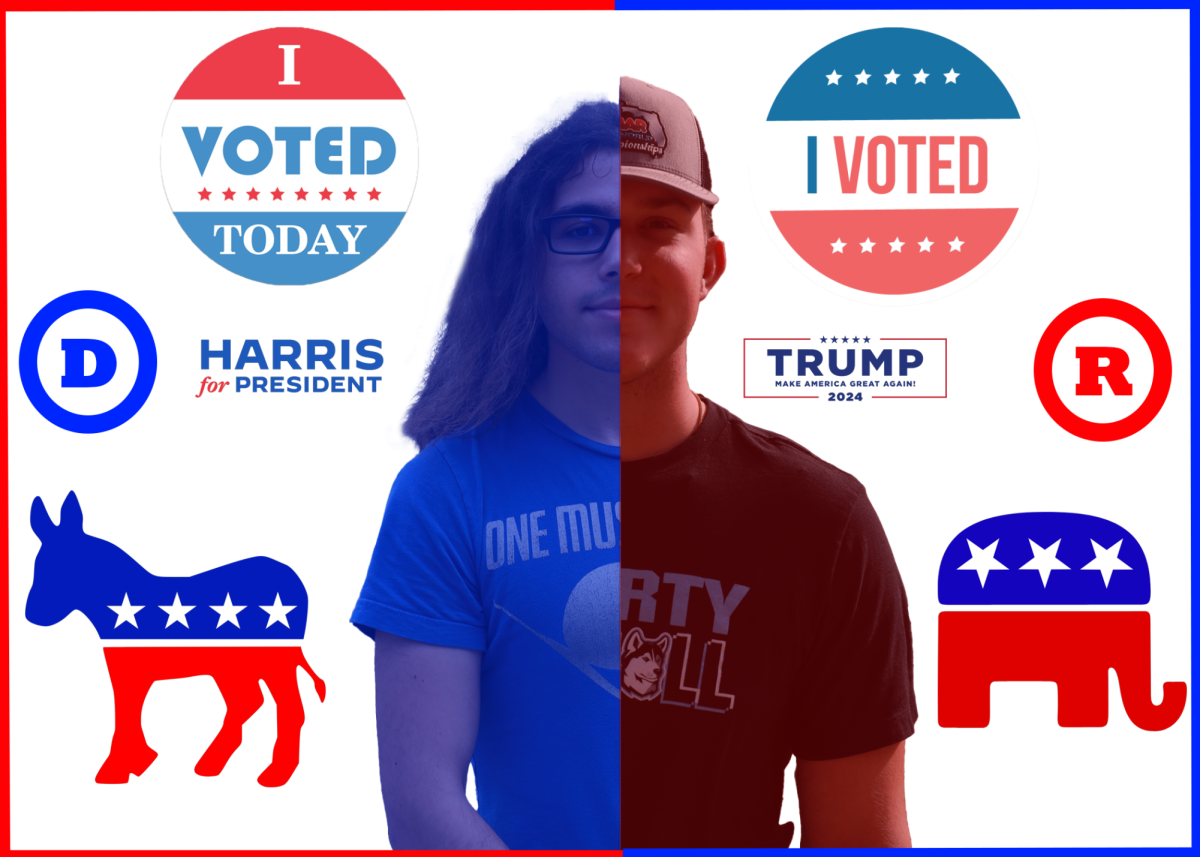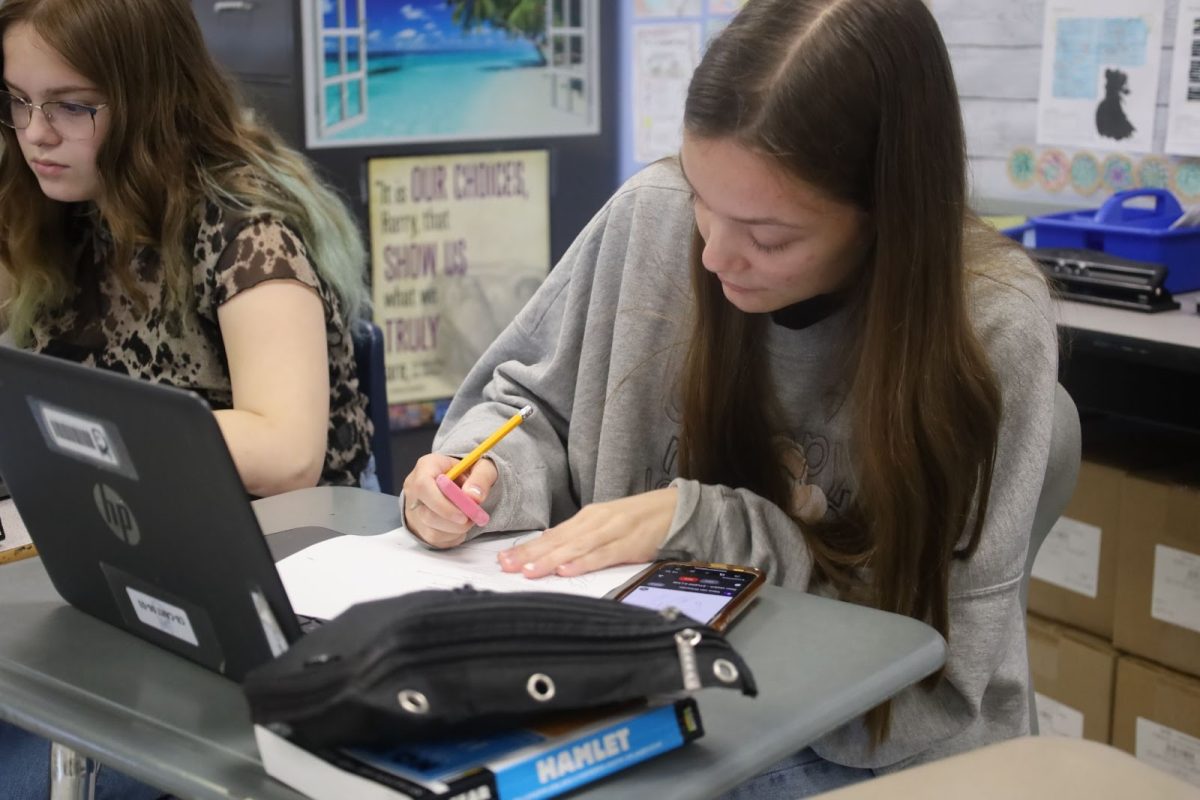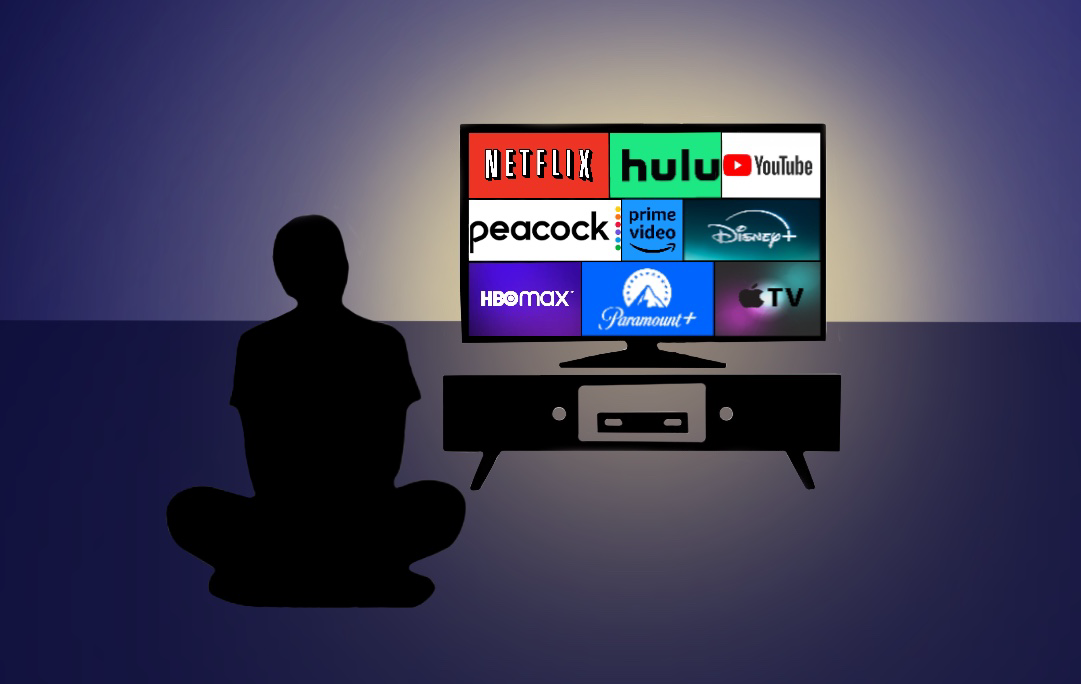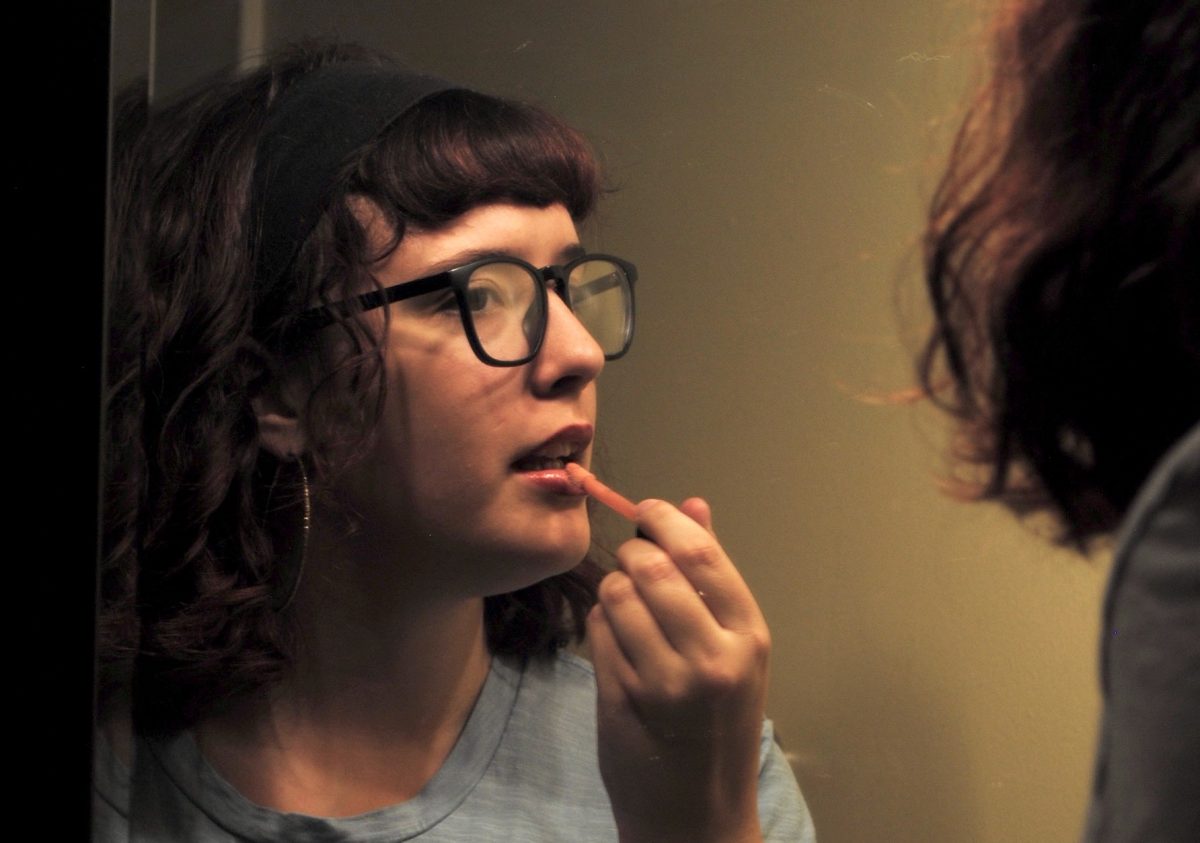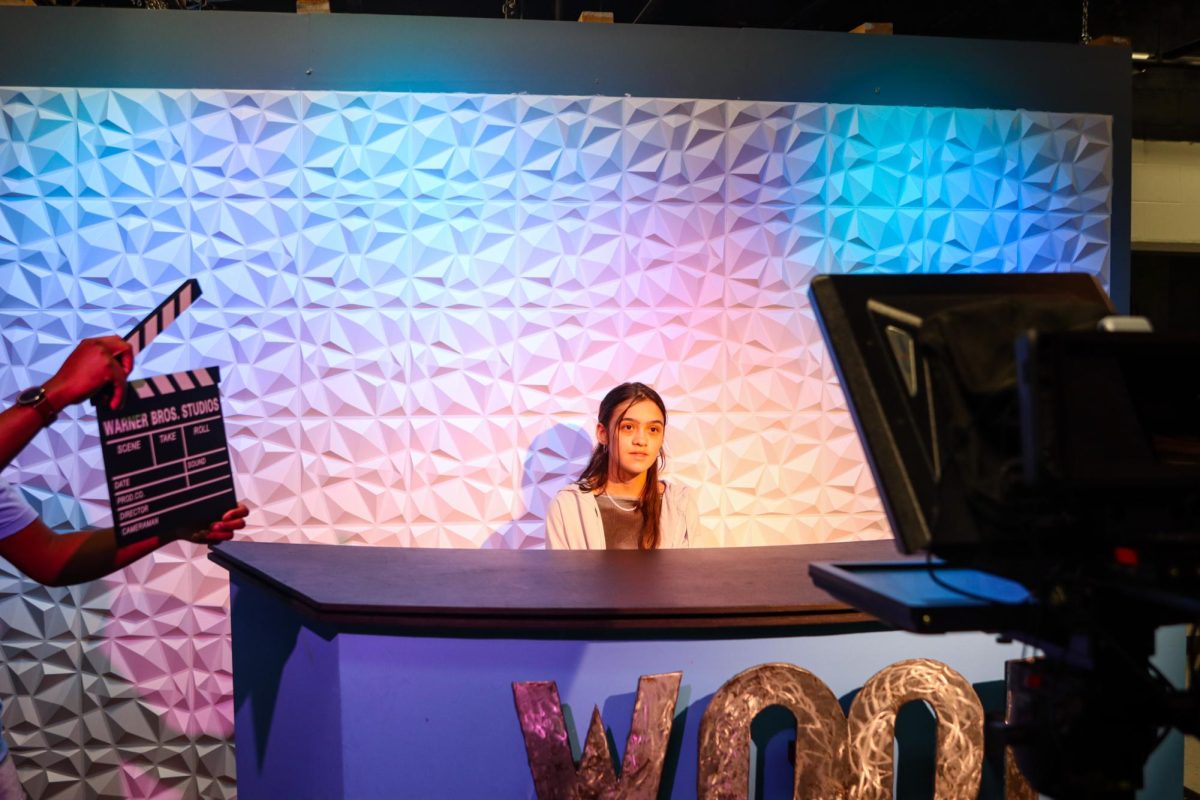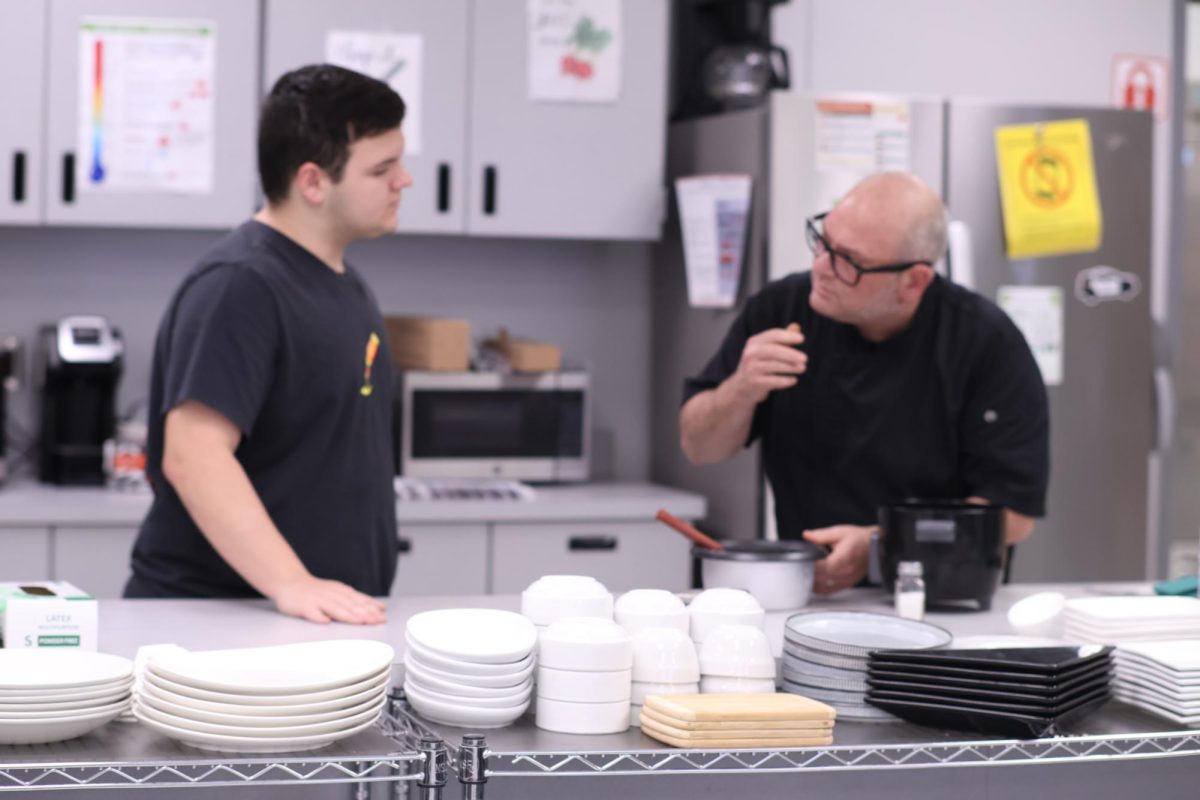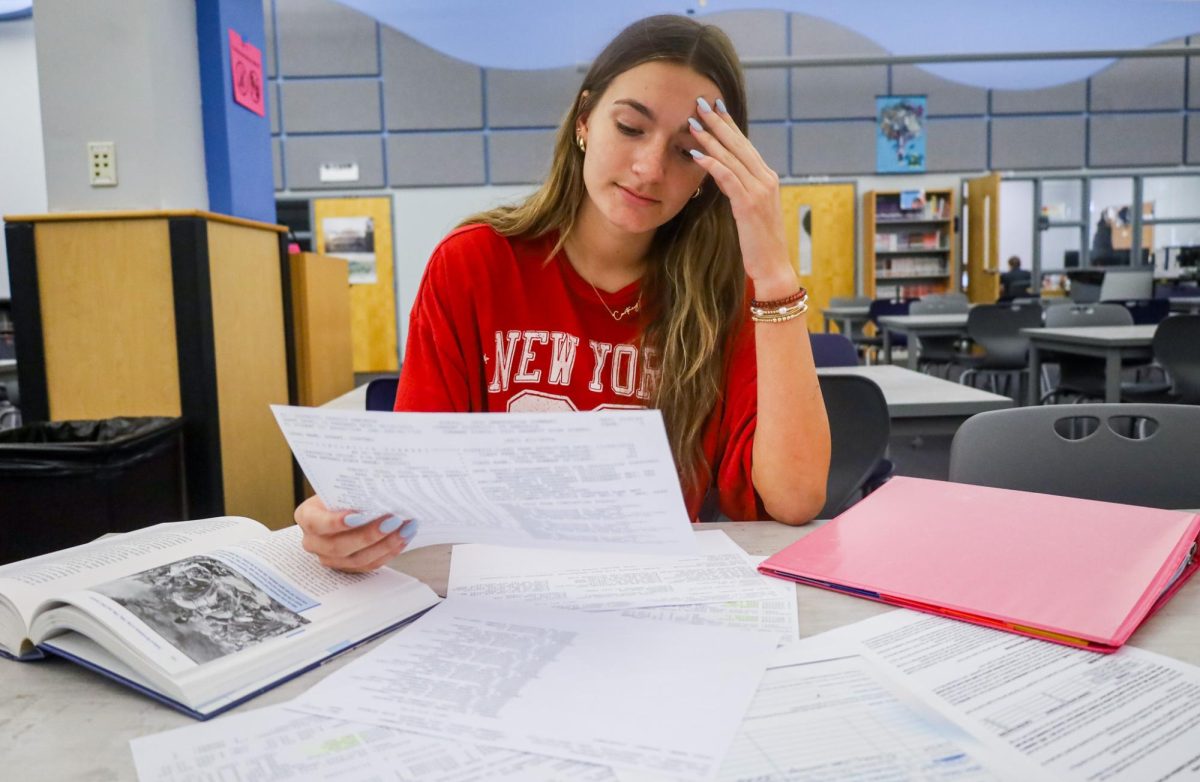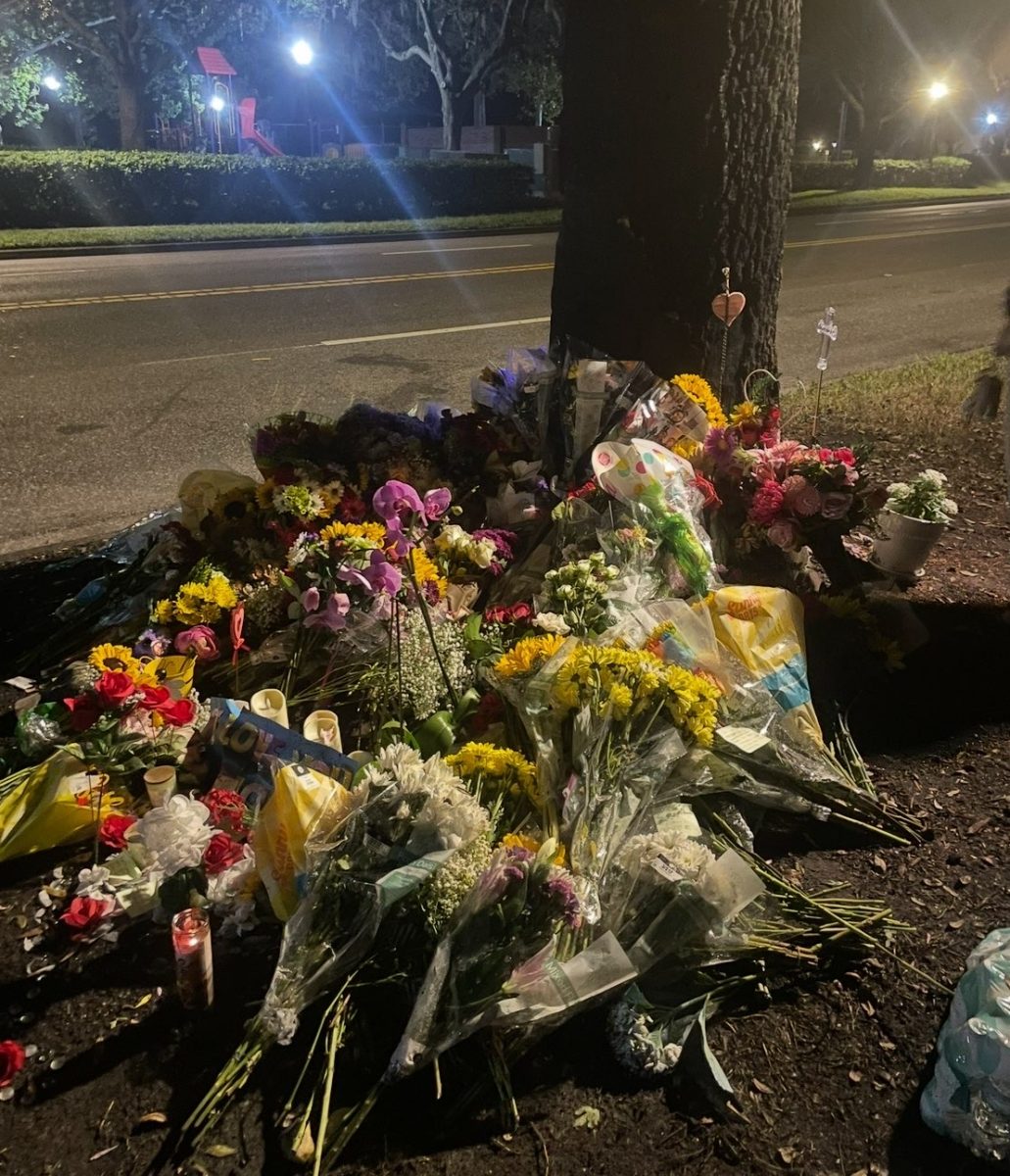With the election season coming to a close, many seniors celebrated casting their vote for the first time. Some couldn’t care less about politics while others like Gavin Zinnert and Jack Levin are more invested. With the media mainly focusing on the extremes of both sides, many wonder what the average member of each party actually believes. Zinnert is a member of the Young Republicans club while Levin is a Young Democrat. The two disagree on a plethora of issues but their views have more in common than you might think. While it’s common to see fear mongering about how the other side wants to destroy the nation, most people want the same things for our nation. They just disagree on methods of getting there.
Influences
Both Levin and Zinnert cite their parents and values as key reasons why they believe what they believe.
“You have the people you’re surrounded with, you have your parents, and then you have certain beliefs whether they’re religious or specifically political that you have instilled in you,” Zinnert said. “Specifically with my parents, we’re not Sunday churchgoers; we’re not majorly religious, but there are those more traditional Christian and Catholic views that I’ve been highly exposed to.”
Levin’s father switched political parties, which plays a big role in his desire to see things from different perspectives.
“I think a big part of it was my parents. My father was originally a Republican but as he grew up he switched sides politically, so he sees things from both sides.” Levin said. “He’s not super religious and the Republican Party was shifting more to that side so it sort of put him off from their ideas.”
Candidates
Regardless of your political affiliation it can be admitted that each candidate has something about them that people like. Levin believes Kamala Harris’s strength is that she can bring people together.
“The big thing is that she not only appeals to people who are Democrats, but also Republicans. There is a long list of registered Republicans who support her, like Arnold Schwarzenegger [former] governor of California, Dick and Liz Cheney…tons of people from the opposite side support her and her vision,” Levin said.
Zinnert may not agree with everything Donald Trump says, but in his opinion the incumbent Republican is the best choice for the nation.
“He’s the best candidate because he has the best goals for America. His goal for America is to make a place where everyone has more equal opportunities and not in the way of just giving stuff to the people who don’t have opportunities. Everybody can have an opportunity to make a wage themself. We should make America dependent on America.”
Another member of the Young Democrats, sophomore Idika Banerjee, is a fan of Harris’s economic policies. Banerjee can’t vote in the election but has been very interested in politics since 2016, when she attended the National Women’s March.
Division
Both Zinnert and Levin believe that division is a big problem that we’re facing. The nation is more divided than ever and both students want to find a way to unify the country.
“I think a big part of it is social media because social media is becoming more and more ingrained in our lives. A lot of what you see on social media is talking points, whether it’s true or not, it doesn’t matter they’re going to be talking about it to friends and family,” Levin said. “Maybe like 20 years ago, people would agree to disagree. It wasn’t a life-or-death thing like how it feels now.”
Zinnert thinks that the feelings associated with each party are a big reason for the division in our country. When people hear Republican or Democrat, they are conditioned to pick sides regardless of the issue.
“While the true heart of the parties may not contribute to division, the fact that it has a name and the fact of who players are nowadays does,” Zinnert said. “You have to look at all of the things going on in the world, you have to look at who’s controlling it. It’s not as black and white as you’d think.”
Misinformation
In the digital age it can be hard to know what information is true. Both Levin and Zinnert see issues with the news that is put out regarding politics.
“I think informing people on what’s real and what’s fake. I think a lot of fake news riles people up unnecessarily. If news was more factual and gave people the facts rather than opinions people might be less violent towards each other,” Levin said.
Zinnert emphasized the importance of checking who you are getting information from.
“It’s one of things where you really have to consider your source. You have to consider what the information is,” Zinnert said. “Both sides will have their conspiracy theories and quite frankly some of the stuff you see posted about Biden and Harris you have to take with a grain of salt, and some stuff you see posted about Trump you have to take with a grain of salt. You have to realize if they’re personally attacking someone or trying to spread facts,” Zinnert said.
Freedom of speech and social media
Debates about censorship online reached national stage after Donald Trump was banned from most social media platforms following the 2020 election. Social media companies are private corporations, but they also hold massive influence over the public which raises questions about if freedom of expression applies online.
“I think people should be able to say what they want to a point, but they shouldn’t be able to hurt people unnecessarily or start unnecessary conflict, but I think having the ability to say what you want on the internet is a cornerstone of a free country,” Levin said. “Censoring people based on what is or isn’t right doesn’t help the issue, it just makes it.”
Zinnert shared a similar sentiment.
“I think there’s going to be a decision made at some point about whether it’s a public place or if it’s a community forum. In Times Square you can say whatever you want, but on Facebook you can’t,” Zinnert said. “I think the biggest issue in the mainstream media is political censorship but the real issue isn’t political censorship it’s keeping a safe community.”
Unity
Civilized, respectful discussion is needed to push the nation forward.
“I’m never going to try to be insensitive. I think one of the other things is that people need to be sensitive, everybody’s going to hurt everybody’s feelings at some point, and I think that the biggest issue is how you respond,” Zinnert said. “The biggest sense of unity that we can provide is understanding that there’s different views and not necessarily accepting those views, but understanding that they have a different view and saying, okay, let’s figure out what we have in common. Let’s figure out how we can work together. Let’s figure out how we can come together and use both of our different ideas to make something bigger and better than it was before.”
Both sides agree that compromise is necessary.
“Nobody wants to have a calm, civilized discussion anymore and it’s ruining our democracy because compromises are needed to make any progress ever. Anyone confused on how to bring us together should just hear people out. We have a lot more in common than we don’t,” Banerjee said.

